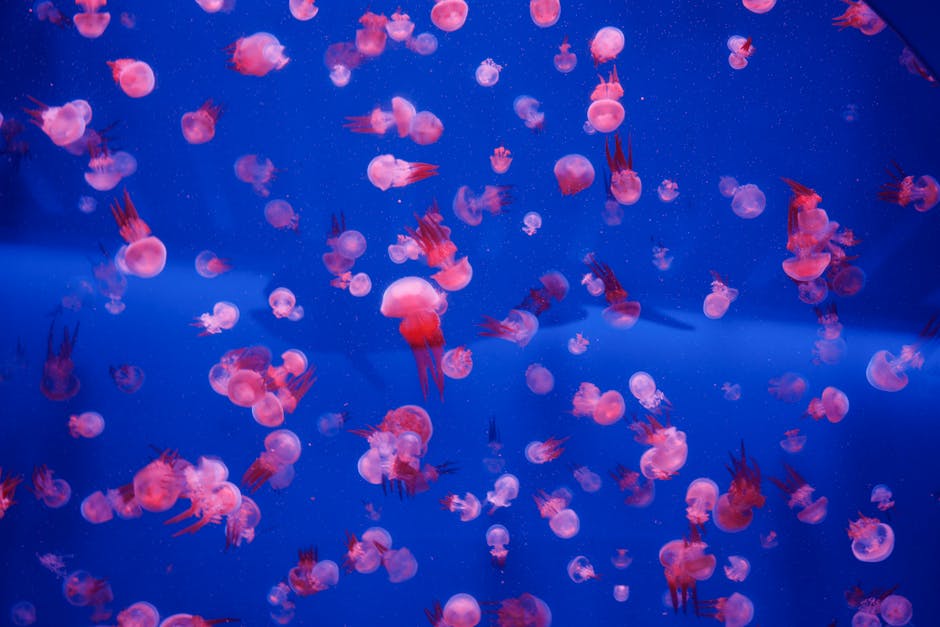A foundational aspect of marine biodiversity’s importance lies in its contribution to ecosystem functioning. Marine ecosystems, from vibrant coral reefs to the deep-sea abyss, are complex networks of interacting species. Each organism, from the smallest phytoplankton to the largest whale, plays a specific role in maintaining the overall health and productivity of these systems. Biodiversity boosts ecosystem resilience, enhancing their ability to withstand and recover from disturbances such as pollution, climate change, and overfishing. High biodiversity typically translates to increased ecosystem stability and a greater capacity to provide essential services. For instance, diverse coral reef communities exhibit greater resistance to coral bleaching events compared to less diverse reefs. Similarly, diverse plankton communities contribute to a more robust food web, supporting larger populations of commercially important fish species.
This functional significance extends to biogeochemical cycles, specifically the crucial carbon cycle. Phytoplankton, microscopic marine plants, are primary producers, converting sunlight into energy and absorbing substantial amounts of atmospheric carbon dioxide through photosynthesis. Their immense diversity influences the efficiency of this process, impacting global carbon sequestration and mitigating climate change. Likewise, a wide variety of marine organisms participate in nutrient cycling, influencing the availability of essential elements for primary production. Loss of biodiversity can disrupt these cycles, potentially exacerbating climate change and leading to reduced ocean productivity.
Beyond ecological functions, marine biodiversity provides invaluable economic benefits to human societies. Fisheries, a cornerstone of many coastal economies, rely directly on the diversity of marine life. A diverse fish stock is more resistant to collapses caused by disease or environmental stress. Furthermore, a healthy and biodiverse marine environment supports various other economic activities, including aquaculture, tourism, and the extraction of pharmaceuticals and other valuable compounds from marine organisms. Many pharmaceuticals derived from marine organisms are currently under development for treating various human diseases, highlighting the untapped potential of marine biodiversity for medical advancements. The economic value of marine biodiversity, often underestimated, is far-reaching and vital for global economies, particularly in developing nations dependent on marine resources.
Moreover, the aesthetic and recreational value of marine biodiversity is substantial. People around the world appreciate the beauty and wonder of marine ecosystems, leading to thriving tourism industries centered on whale watching, scuba diving, and other marine-related activities. This generates revenue, creates jobs, and contributes significantly to the economies of coastal communities. Beyond economic value, the intrinsic value of marine biodiversity its inherent right to exist is increasingly recognized. The cultural and spiritual significance of the ocean for many indigenous communities reinforces the need for its protection and the preservation of its diverse inhabitants.
However, marine biodiversity is currently facing unprecedented threats. Human activities, including overfishing, habitat destruction, pollution, and climate change, are driving biodiversity loss at an alarming rate. Ocean acidification, caused by the absorption of excess atmospheric carbon dioxide, poses a significant risk to many marine organisms, particularly those with calcium carbonate shells or skeletons. Plastic pollution is choking marine life, leading to entanglement and ingestion of harmful plastics. These pressures are synergistic, meaning that the combined impact is greater than the sum of individual threats. The consequence of ignoring these threats is the potential for widespread ecosystem collapse, impacting not only marine life but also human well-being.
Effective conservation and management strategies are therefore crucial. Marine Protected Areas (MPAs) play a critical role in protecting biodiversity hotspots and allowing depleted populations to recover. Sustainable fishing practices, such as reducing bycatch and implementing catch limits, are essential for maintaining healthy fish stocks. Combating pollution through stricter regulations and responsible waste management is paramount. Addressing climate change through global cooperation and emission reductions is ultimately vital for ensuring the long-term survival of marine biodiversity. Research in marine biology and oceanography continues to enhance our understanding of marine ecosystems and inform effective conservation strategies. The development of innovative technologies and approaches is essential for tackling the complex challenges faced by marine biodiversity.
In conclusion, marine biodiversity is an invaluable resource with profound ecological, economic, and societal significance. Its contribution to ecosystem functioning, climate regulation, and human well-being underscores the urgent need for its conservation. Addressing the multifaceted threats facing marine life requires a concerted global effort, integrating scientific knowledge, policy interventions, and societal commitment. The future health of our oceans and the well-being of humanity are inextricably linked to the preservation of this vital aspect of our planet’s natural heritage. The continued study and understanding of marine biodiversity remain critical to ensuring a sustainable future for both the ocean and humankind.
